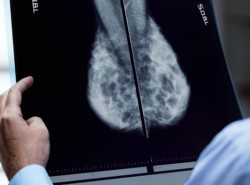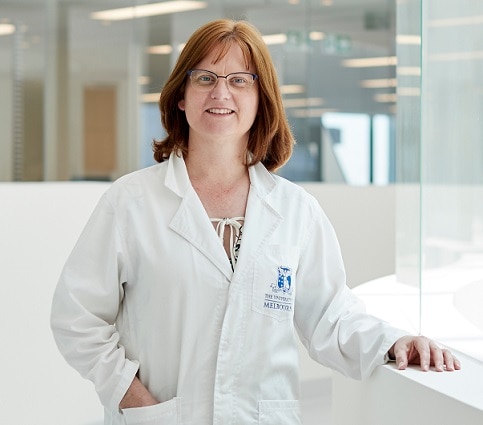
Using Epigenetics to Prevent Breast Cancer
Published: 10/7/19 11:23 PM

Melissa Southey
- Project description: Professor Southey aims to use epigenetics to develop a new risk prediction model for breast cancer. This will ultimately be translated into clinical practice to improve breast cancer risk assessments.
- Why this work is needed: By incorporating epigenetic information, the accuracy of current risk assessment methods might be improved. More information on risk will help individuals manage their relative risk accordingly.
- Expected outcomes: A new risk prediction model for breast cancer will be created, improving breast cancer risk assessments in the future. This may also lead to the development of epigenetics-related treatments for breast cancer.
Project details
Our current understanding of personal, familial and genetic risk factors for breast cancer provides evidence upon which personal risk of breast cancer can be estimated. Most breast cancer occurs in women who have a number of these risk factors. This creates scope for an individual’s risk profile to be used when designing an appropriate breast cancer prevention strategy and a clinical management plan if diagnosed.
Despite our excellent knowledge of breast cancer risk factors, these estimates are still not as accurate as we would like. More information is required to improve the accuracy of such risk estimates. This will ensure people at high risk obtain early intervention, whilst those with low risk are also identified and appropriately monitored.
Professor Melissa Southey is an expert in epigenetics. Epigenetics involves the chemical modification of DNA but does not alter the genetic sequence. Prof Southey and her team have discovered that DNA methylation (an epigenetic mechanism) can be inherited and is an important risk factor for breast cancer. This characteristic can be assessed using a simple blood test.
This NBCF-funded project will incorporate DNA methylation into the leading risk prediction model for breast cancer worldwide. The new, improved model will be able to be incorporated into clinical practice and improve risk assessments in the future. In addition, it will open up new opportunities for development of epigenetic treatments for breast cancer.